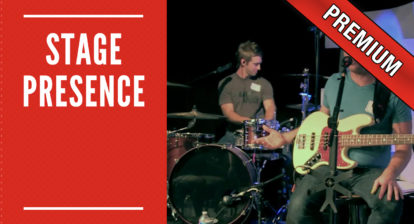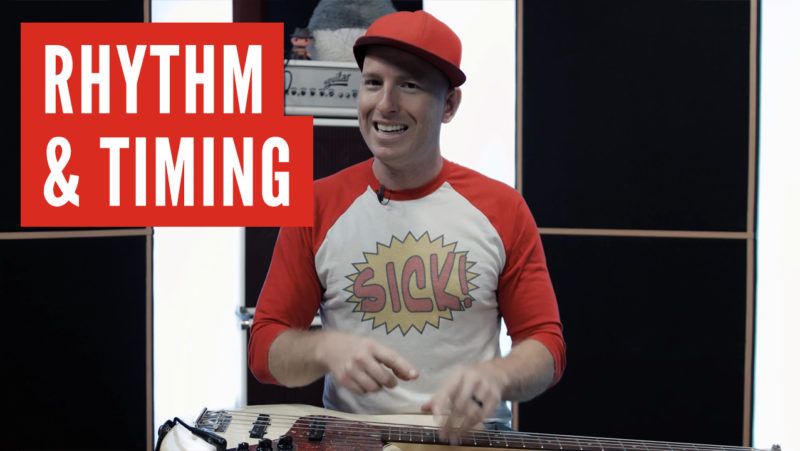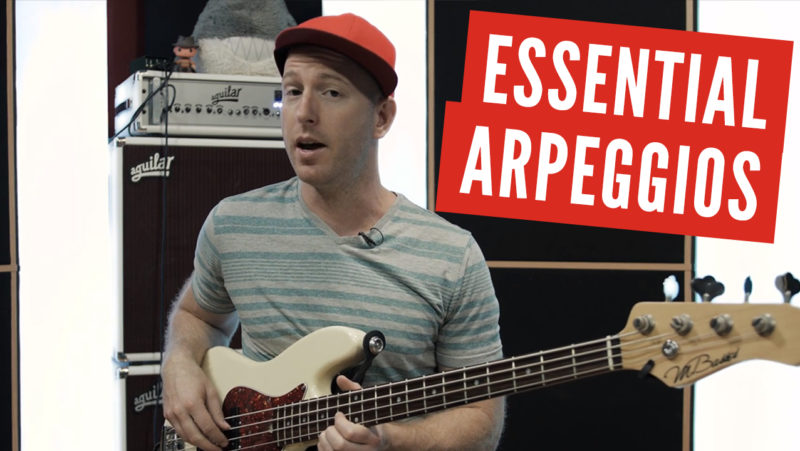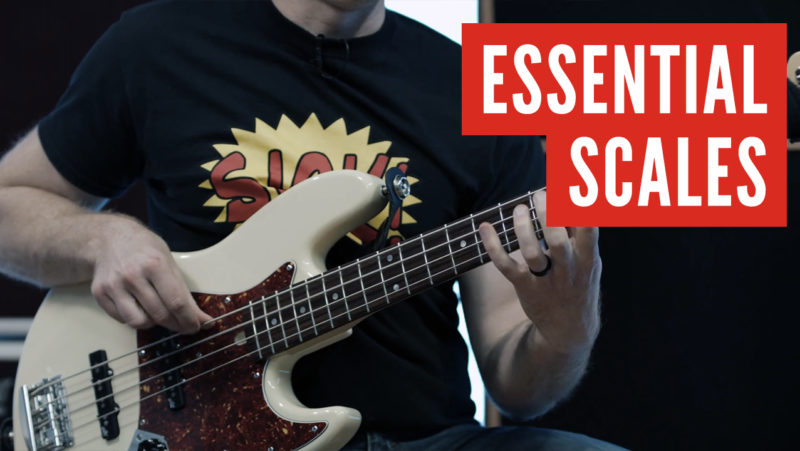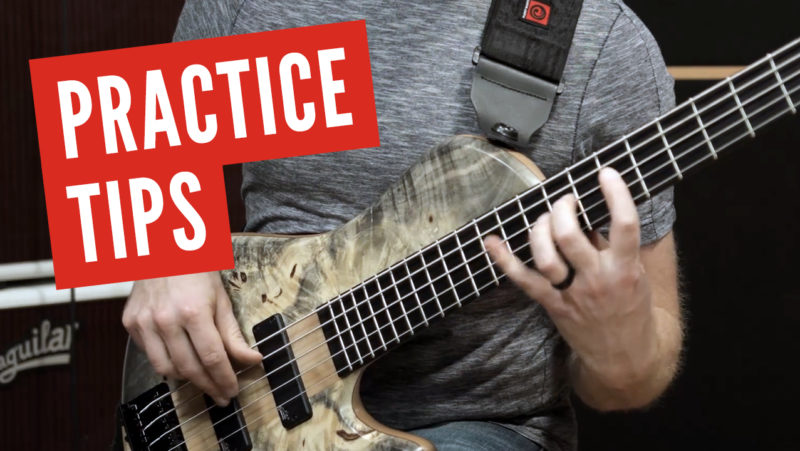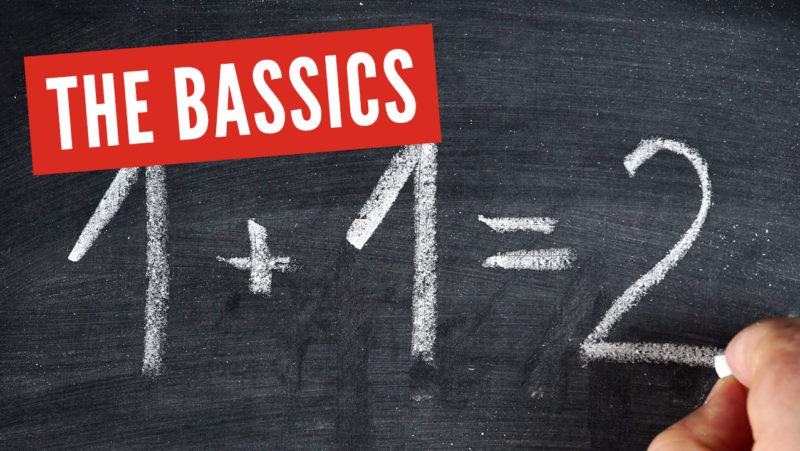I mentioned this topic in this week’s episode of the Jayme Lewis Podcast and I’d like to dive in a little deeper with it. I think it’s a monumental statement, and I feel convicted more often than not that I’m not committing to it as well as I should.
In case you haven’t seen the episode yet I’ll fill you in; I was mentioning a book I had recently read called Rhinoceros Success by Scott Alexander. It’s a cheezy but powerful book that illustrates a metaphor about how to be successful by charging “full speed ahead” with rhinoceros intensity. Now, I’m certainly not a reader by any means, but I’m slowly becoming one. Well, I guess not that slowly, actually, as I’ve read three books in the past week, but we’ll see how long that level of study lasts! But if you’re not a reader, or if you don’t read at least one non-fiction book per month, than I highly suggest that you do. A large percentage of the wealthiest and most successful people in the world admit to completing more than 12 non-fiction books per year.
But truly, it’s important that you read because we become the product of three things in this world: the people we associate with, the books we read, and the media we listen to. As musicians we are reminded of this fact constantly. The music you listen to will influence your composition and playing style. The TAB books you read and songs you learn will influence your riffs and musical vocabulary. The concerts you go to or perform at will surround you with people who are JUST LIKE YOU in many ways. So I suggest a healthy dose of brain food from books 🙂
But anyways, one piece of information from this 96 page “almost children’s book” was this tiny gold nugget of thought-provoking goodness:
Don’t let your learning lead to knowledge, let it lead to action.
That’s so profound and so huge. Quite often we do the exact opposite! We let our actions lead to knowledge through “learning,” a.k.a. “making mistakes.” Not to say that this is a bad way to figure it out, but it seems like the original intention is much quicker and much less painful, too. Besides that interpretation I also think that this line is a call to action, because I find myself readily placing this new “knowledge” or information on the back-burner, to be sorted with later.
Sometimes it’s a good book, or a killer YouTube video, a cool Netflix documentary, or a wicked solo, a neat run, a cool turn-around, something that will save me money or time, something that could potentially change my life, something that seems like it will alter the way that I see the world…
“Oh ya, that’s awesome! I’ll have to check that out some time.”
And then I don’t. My knowledge leads to idleness, the antonym of action. Rather that pursuing this really cool thing I sit on it for a bit, just long enough on the back-burner that I forget about it, ultimately. And I am the KING of making copies, cutting out magazine articles and exercises, taking pictures of things with my phone, jotting down notes and putting them in my pocket; doing all of these things, and sometimes organized enough to collect them all in the same place, just to LOSE them eventually. Either that or they just sit there, collecting dust.
That’s not the rhinoceros mentality that Mr. Alexander speaks of. Rhinos don’t sit there and chew; that’s for Cows. Rhinos see something they want and they CHARGE at it full speed until they catch it.
I’m sure we all have a bit of this problem (or at least I HOPE I’m not the only one), and it’s of course completely understandable, as well. There’s only so much time in a day, we have so many responsibilities to ourselves and to others, we can’t just “run” after everything appealing that we encounter. So here’s what I recommend trying: Just do one of them per day.
There’s something you’ve been wanting to do musically for quite a while, maybe it’s learning that one cool riff or solo, or it’s a technique, or a cool YouTube instructional or demo video, or that one bass-book you bought years ago… Maybe it’s just practicing more often in general, maybe it’s starting to write songs again, or work on your production skills, learn some new gear or all those toys you bought a few years ago. Whatever it is, just try to tackle it ONE TASK at a time. 5 or 10 minutes each day to be reserved for that “knowledge” you gained however long ago that has been sitting idle ever since. Turn that knowledge into action and CHARGE!
The benefit of doing this one piece at a time is its overall ease and non-threatening nature. I recently listened to an awesome episode of the Nerdist Podcast in which Rob Zombie was the guest, and something that he said really struck a chord with me. Rob mentioned how crazy his life was and how much pressure was on him to be productive; he’d be on the road for 4 months, and when the tour wraps up it’s time to film a movie, which means that he was expected to have a script finished as soon as the tour ends, to which he would begin filming and eventually editing the movie, after which the record label would expect another album (meaning that he would need to be writing new material during the movie process), which would immediately lead to heading into the studio to cut tracks and work on the new record, only to finish that project to head back out on the road and tour to support the music, and begin this spiral-cycle all over again. It sounds like a workaholic’s dream, but also a nightmare for the sake of sanity. That’s a lot to do! And yet he does it time and time again. His secret?
Simple.
“Write two pages a day. After 3 months you have your script.”
He didn’t say the following, but I’m sure you could go on to apply this priciple to other advice as well: “Write one song a day, after 2 weeks you have a record. Practice one technique a day, after a month you’ll have a whole new bag of tricks up your sleeve. Read one chapter a day… Call one venue a day… Email one promoter a day… Watch one new lesson a day…
That’s action. Little by little you’re charging, faster and faster, honing in on the finish line so that it gets closer and closer, rather than disappearing into the incoherent distance.

